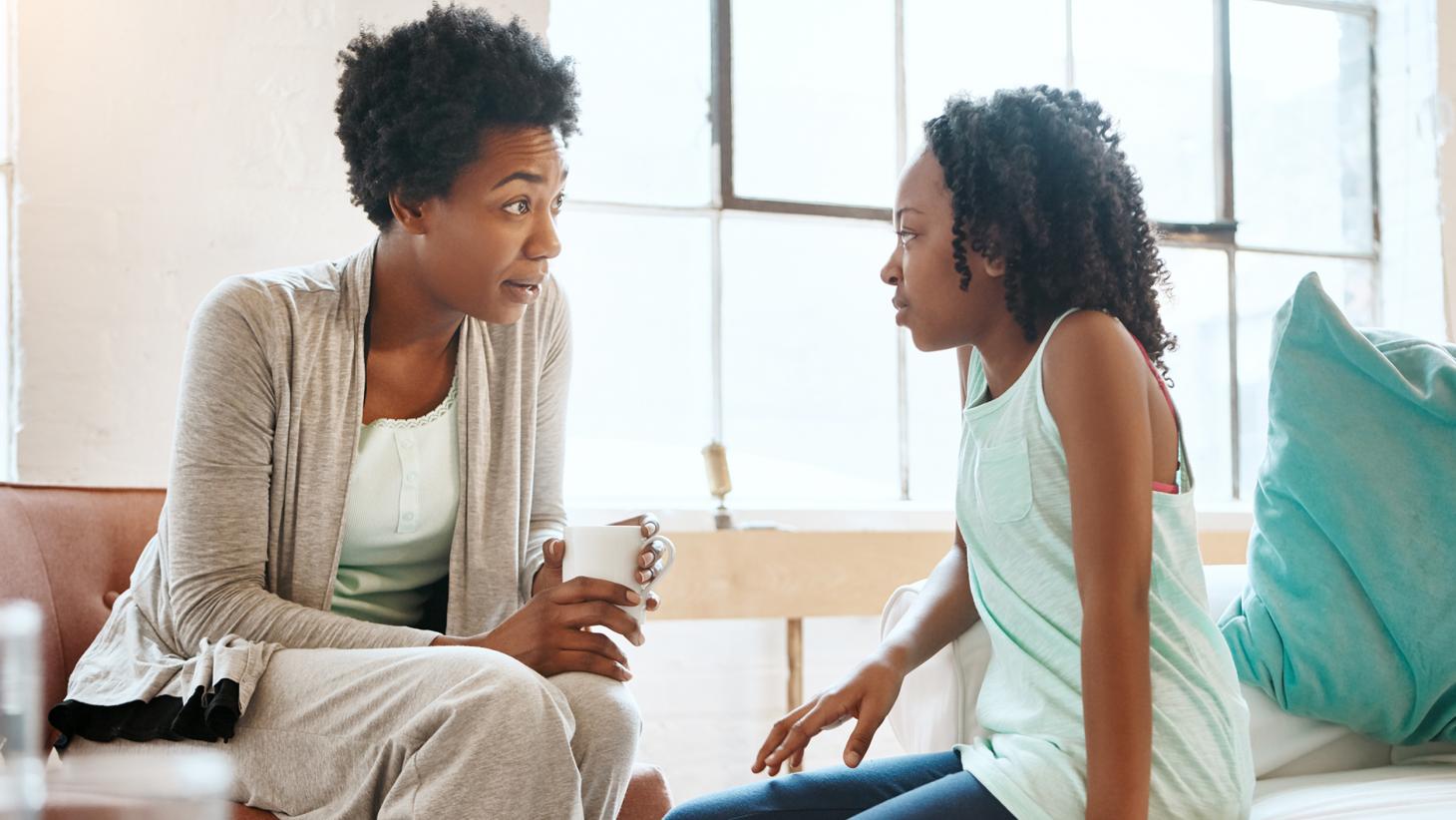
Talking to your child and others about a bump to the head
Reassure your child or teenager to help them explain any symptoms you or their teacher should know about.
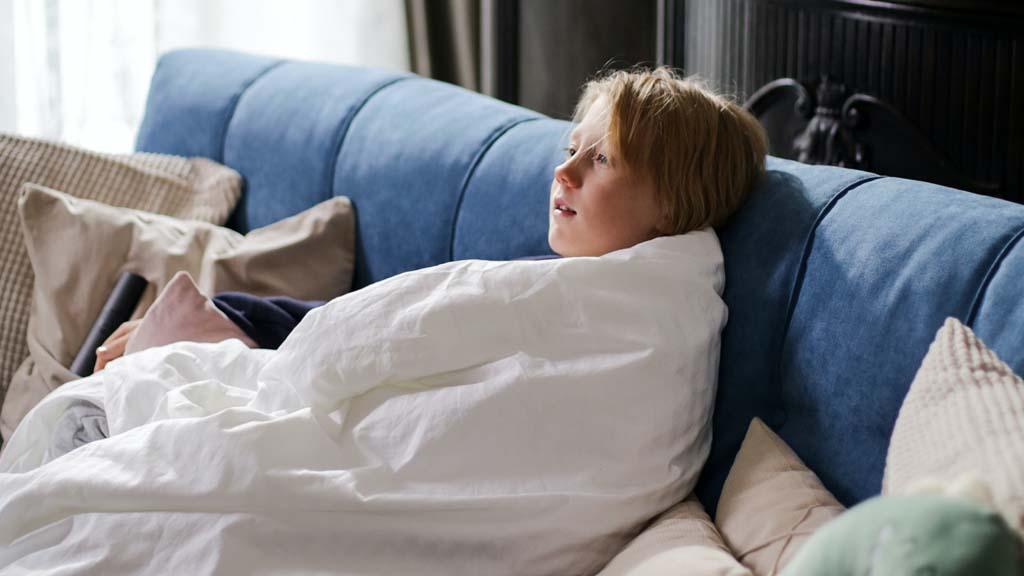
Signs to look out for and actions to take after a bump to the head.
Over the first few days, there are certain things to look out for that could be signs of concussion (for younger children, see Babies and toddlers - bumps to the head).
These signs include:
It is tricky to identify many of the signs of concussion in younger children – please see our Babies and toddlers - bumps to the head section for more information.
Take these steps to help your child back at home:
5 actions for parents and carers to help the recovery process
1
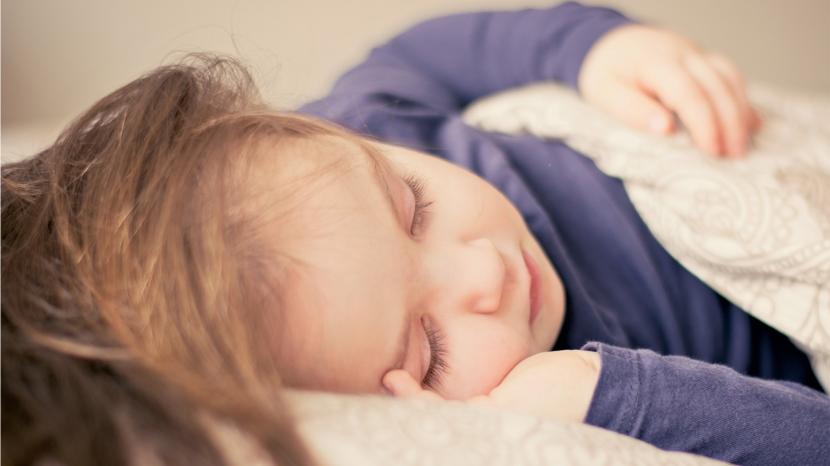
Your child should take some time off school and only do easy activities which don’t make their concussion symptoms worse. It is best to limit any activity to 10-15 minute blocks and keep screen time to a minimum. This can then be followed by a gentle re-introduction of cognitive (‘thinking’) and physical activity, such as easy reading and limited screen time.
2
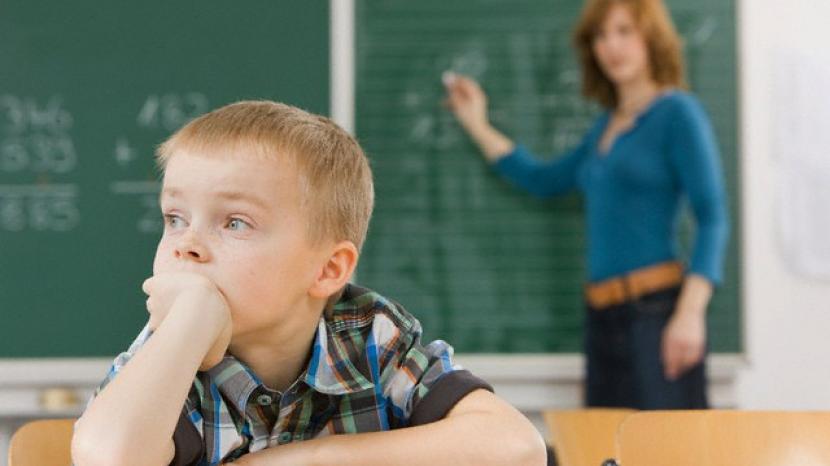
Look out for any changes in behaviour or difficulty in concentrating following a brain injury in the first few days. If changes occur, you should seek medical advice from your GP. Inform people who care for or work with your child or young person of the injury so that they can report any changes and seek help if necessary.
3

A GP may advise giving medication for their symptoms, such as pain relief.
4
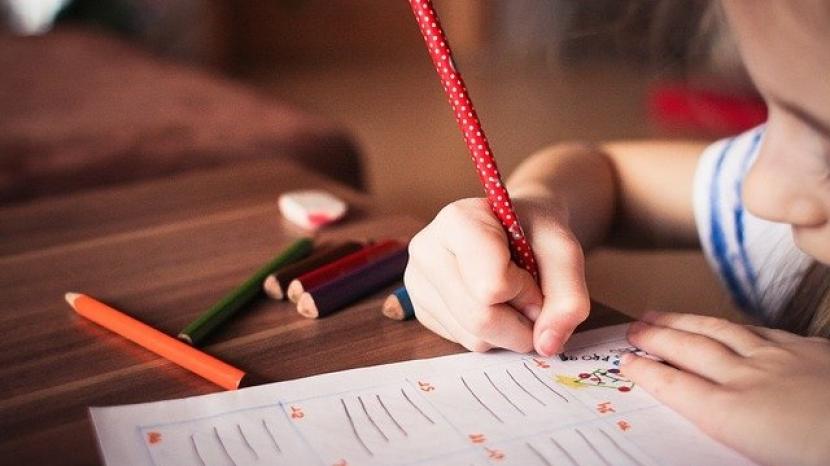
It’s advised that children don’t need to be completely symptom-free to start the process of going back to school after a concussion, but modifications should be made to suit their needs. This might mean a phased return, longer breaks or shorter days. If school and activities bring on new symptoms or make current ones worse, you should limit the amount the child takes part in.
5
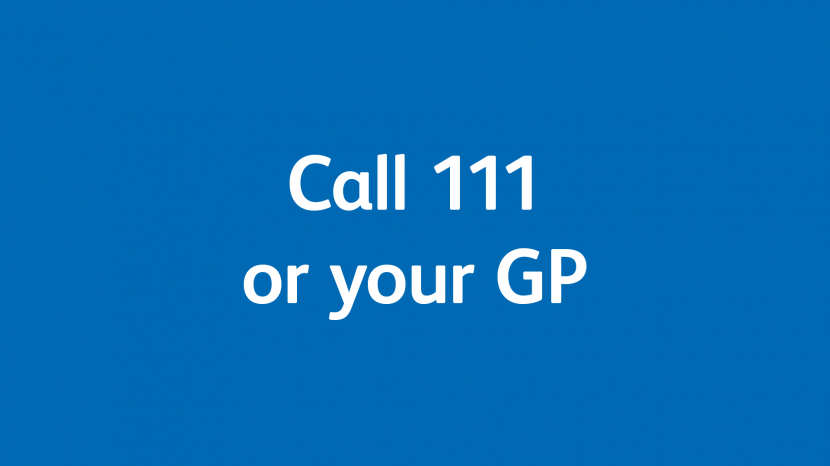
Don’t be afraid or embarrassed about getting more help, even if a GP or doctor has given the ‘all clear’. If you feel that something isn’t quite right with your child following a concussion or possible concussion, get further help from the GP or call 111. It’s often people closest to the child who realise that they are acting differently, or suffering from the effects of concussion, and they need further support in their recovery. Don’t be afraid to ask questions, however trivial they might seem. Write questions down when you think of them.
It is important to remember that a person doesn’t have to lose consciousness for them to have had a concussion. They may remain conscious, but feel dazed or have other symptoms. Recent research suggests that a loss of consciousness is found to be a symptom in less than 10% of cases.
The risk of sustaining a concussion is four times greater in children with a previous concussion compared with those with no history of concussion. A repeat concussion can lead to more severe signs and symptoms, a longer recovery time, and the child's movements and actions may be reduced.
If your child has a second head injury seek urgent medical attention at your local Emergency Department and make sure you mention previous head injuries.
If your child has a head injury we recommend seeking medical advice as soon as possible after the injury (call 111, your GP or in an emergency 999).

Reassure your child or teenager to help them explain any symptoms you or their teacher should know about.
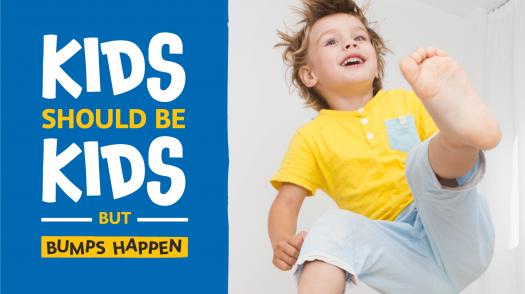
Most head injuries are not serious but bumps do happen. Find your way around our information - we share the signs to look out for, and steps to take, in case your child has had a concussion.
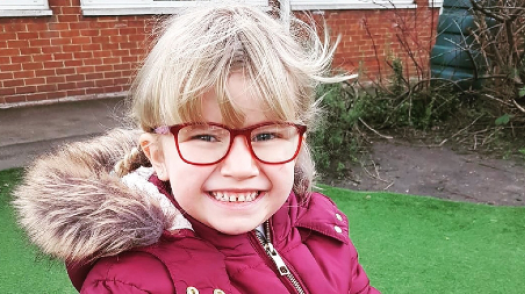
Looking for further advice and support? If your child’s symptoms persist longer than six weeks and you would like support from one of our specialists, contact our virtual ABI team.